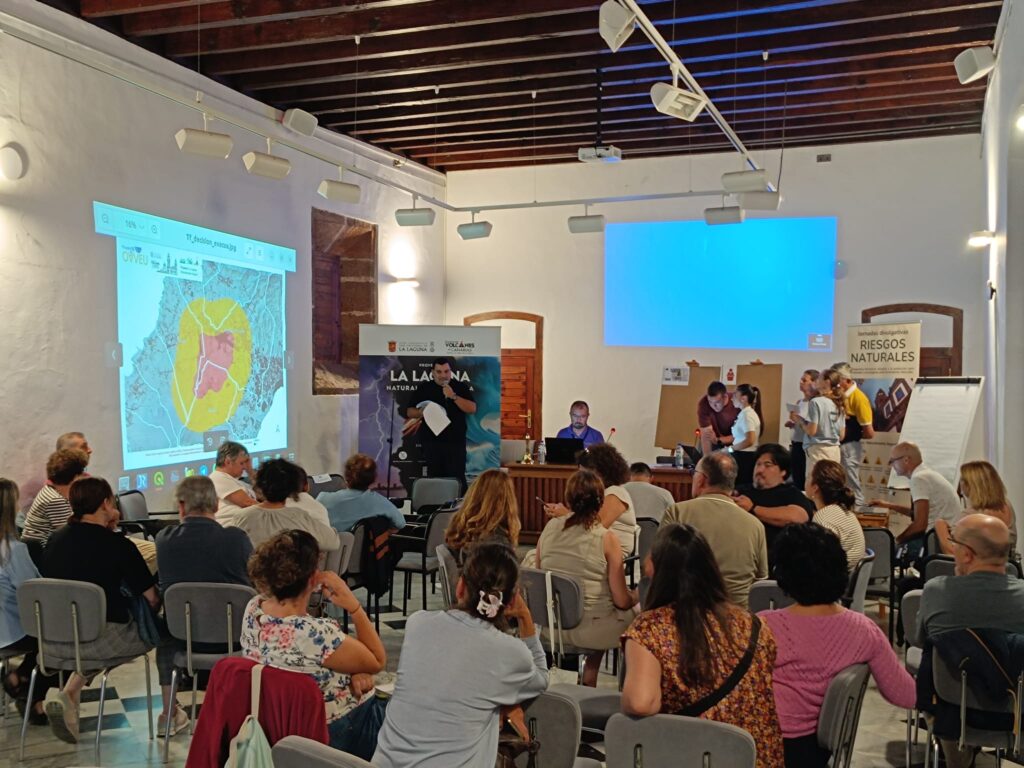The administration of Los Realejos (PP) has opted to reduce the Real Estate Tax (IBI) by 1% for the upcoming year in order to alleviate the financial burden on residents due to the new waste tax, known as ‘tazaso’, which all municipalities in Spain must implement by 2025. This tax will be directly funded by citizens, with the proceeds intended to finance the expenses related to the collection, processing, and management of urban waste. This action was confirmed yesterday during a session of the municipal Corporation, where it was classified as an urgent matter.
The tax decrease will shift from 0.52% to 0.51%. This percentage has to remain low, as the City Council could face penalties for insufficient tax pressure, as was the case in 2015 and 2019, noted the mayor, the conservative Adolfo Gonzalez.
The mayor described this “imposition” from the central government as “unjust”, stating that it jeopardises local autonomy, leads councils into “legal ambiguity”, and “does not incentivise those who recycle the most, but rather acts as a penalty”. While the exact details of the increase remain unclear, residents of Los Realejos currently pay a bimonthly fee of 13.90 euros, which could potentially rise by between 50% and 100%, similar to situations experienced in other cities on the mainland.
In order to lessen the financial impact on property owners, González announced two additional measures: new tax reductions and an increase in compensation for waste management.
In the first instance, the discounts applicable to municipal taxes will be escalated to the legal maximum permitted under the Local Treasury Law, which will be based on factors such as the number of members in a household, the presence of a disabled individual, large family status, and the kind of commercial activity, among others.
In the second instance, funding for the municipal services company Realserv will be bolstered by 500,000 euros.
Additionally, a public awareness campaign titled “Don’t hide from recycling your rubbish” will be initiated, aimed at educating citizens on the appropriate types of containers and the waste designated for each. This initiative is set to launch this month across TITSA bus shelters, social media platforms, and Radio Realejos.















